From Molecules to Organisms: Structures and Processes
-
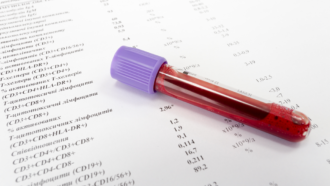 Health & Medicine
Health & MedicineExcess weight alters results of blood tests in kids and teens
Carrying extra weight could affect many routine blood tests in kids, new data show. Knowing this might help doctors better interpret lab results.
By Mary Bates -
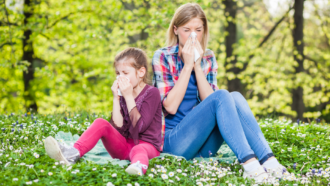 Health & Medicine
Health & MedicineExplainer: What are allergies?
Sometimes the body’s immune system works too well, like a smoke alarm that blares every time you cook pizza. The results can range from uncomfortable to potentially life-threatening.
-
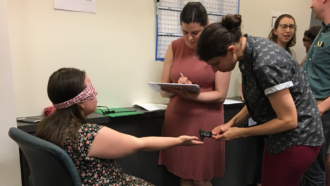 Humans
HumansTesting the power of touch
We pet dogs with our fingers, not our arms or backs. Our fingers are more sensitive to touch. But how do we know? Here's how you can test that.
-
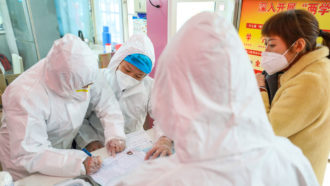 Health & Medicine
Health & MedicineYour most urgent questions about the new coronavirus
Researchers have more questions than answers right now about 2019-nCoV. They’re racing to understand and stop the coronavirus and the health crisis it poses.
-
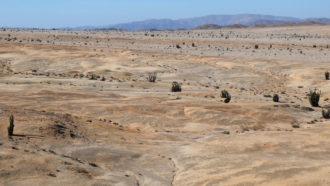 Ecosystems
EcosystemsNewfound desert soil community lives on sips of fog
Lichens and other fungi and algae team up to form a 'grit-crust' on the parched soil of Chile’s Atacama Desert. Those species slake their thirst with moisture from coastal fog.
By Jack J. Lee -
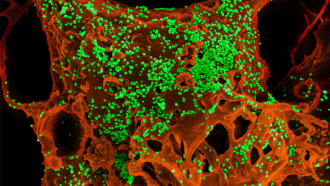 Health & Medicine
Health & MedicineExplainer: What is a coronavirus?
Coronaviruses are a diverse family of disease-causing agents. Some cause the common cold. Newer ones have emerged to pose more serious threats to people.
-
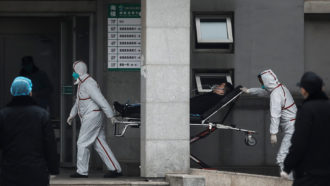 Health & Medicine
Health & MedicineSerious virus emerges in China and is spreading globally
A new viral infection emerged in December 2019 among people in Wuhan, China. The mystery illness has already killed at least 17 people and sickened many hundreds.
-
 Materials Science
Materials ScienceSelf-powered surface may evaluate table-tennis play
Scientists at the Georgia Institute of Technology built a 'smart' surface on which to play table tennis. It can track the location, speed and direction of the ball.
-
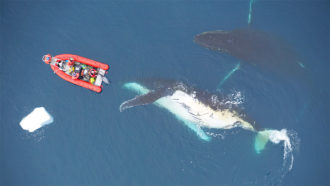 Life
LifeWhy some whales become giants and others are only big
Being big helps whales access more food. But just how big a whale can get is influenced by whether it hunts or filter-feeds.
-
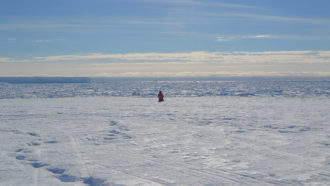 Brain
BrainScientists’ brains shrank after a long stay in Antarctica
The isolation of a long-term mission at an Antarctic research station shrunk part of crew members’ brains, a small study suggests.
-
 Microbes
MicrobesGlobetrotting microbes in airplane sewage may spread antibiotic resistance
Along with harder-to-kill microbes, airplane sewage contains a diverse set of the genes that let bacteria evade antibiotics.
-
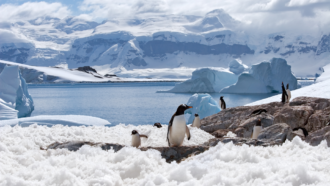 Tech
TechViewing virtual reality of icy landscapes may relieve pain
Traveling to polar vistas via virtual reality eased a temporary burning in the viewers’ skin. The same VR also lessened simulated chronic pain.